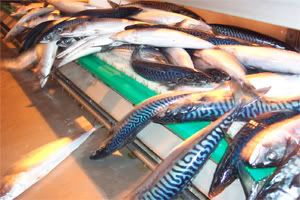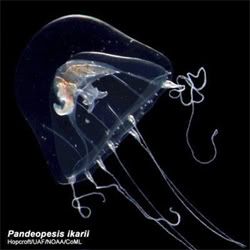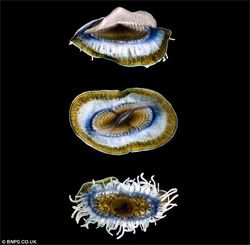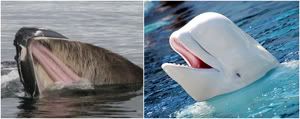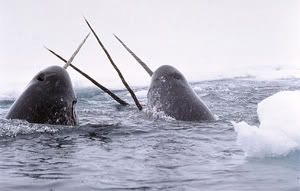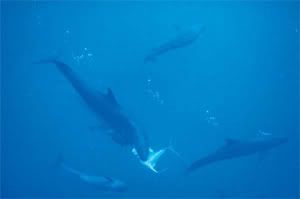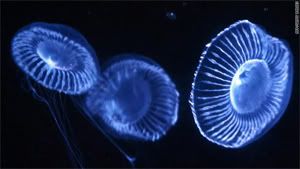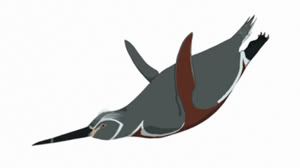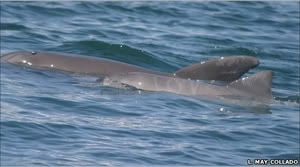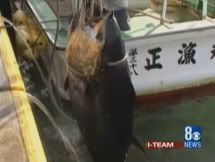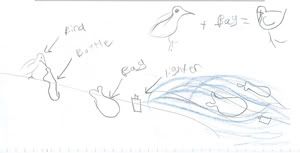What else was it going to pay for, sheesh? Fines for environmental degradation should pay to restore the environment? What a novel idea!
"In a report to be presented Tuesday in New Orleans, Ray Mabus, the Navy secretary and a former Mississippi governor, will urge Congress to create a Gulf Coast Recovery Fund to oversee the restoration efforts."Crap, that doesn't already exist? Because I'm pretty sure I gave them $30.
Seriously though, I'm pretty shocked this hasn't come into being sooner. I guess I just assumed that it had, I guess I just assumed that the money paid by the fines would go back into restoring the affected areas...but I guess not.
“The gulf took the risk and the gulf took the damage and the money should be dedicated to going back there,” Mabus said.
This part I thought was interesting:
"The [Gulf Coast Ecosystem Restoration Task Force]
will begin the longer-term tasks that the recovery fund is intended to address, with a particular emphasis on public health concerns, including many cases of stress and depression brought on by one of the worst environmental disasters in American history."Obviously I've been focusing on the environmental impact of the spill - as we should. But I hadn't given much thought to the depression the people in the Gulf states must be feeling. Honestly, I'm depressed about it over here in London, thousands of miles away. I've never even been to the affected areas. I simply can't imagine what it must be like for those people. If it were my home, I'd just fall to pieces.
Here's a dick move if I ever saw one:
"BP has pledged as much as $20 billion to compensate those who lost their property or livelihoods as a result of the spill, but has not committed to gulf restoration projects that go beyond the immediate impact of the spill. Company executives said recently that their willingness to contribute to such work would depend on their continued access to oil and gas beneath the gulf waters."Oh, okay. They'll help out, as long as they can continue to go after the oil that caused all these problems in the first place. Obviously, they still don't give a shit. Seriously, what happened to common human decency? Why is money the driving force of all things now? Didn't cutting costs and cutting corners lead to the blowout...
Twice?
Full article here (NY Times)
